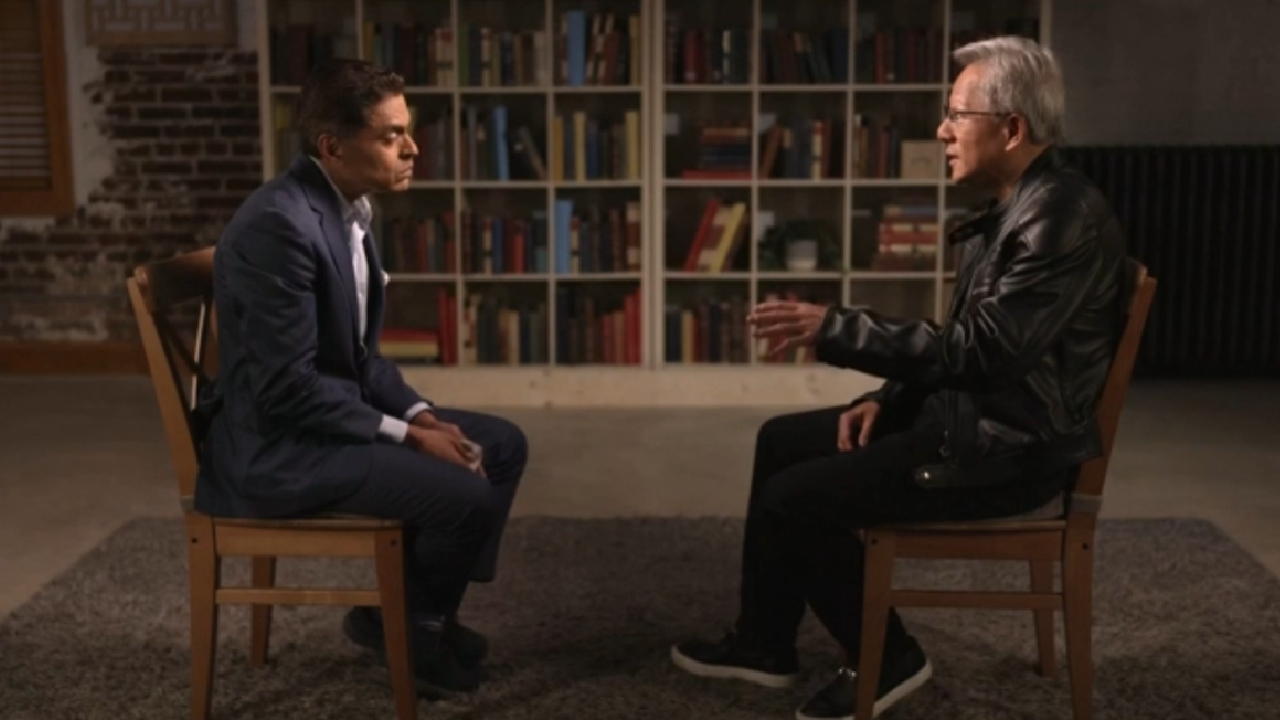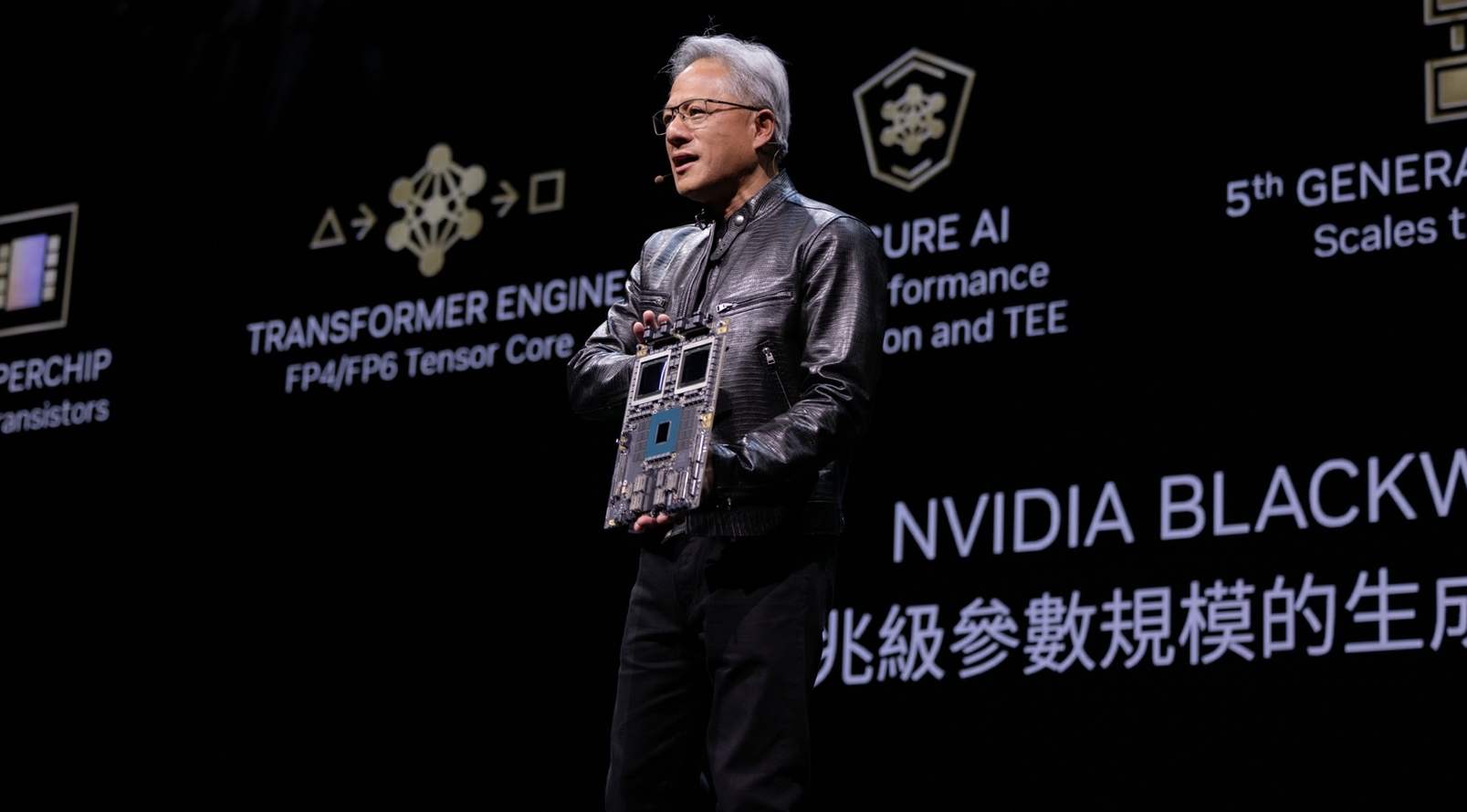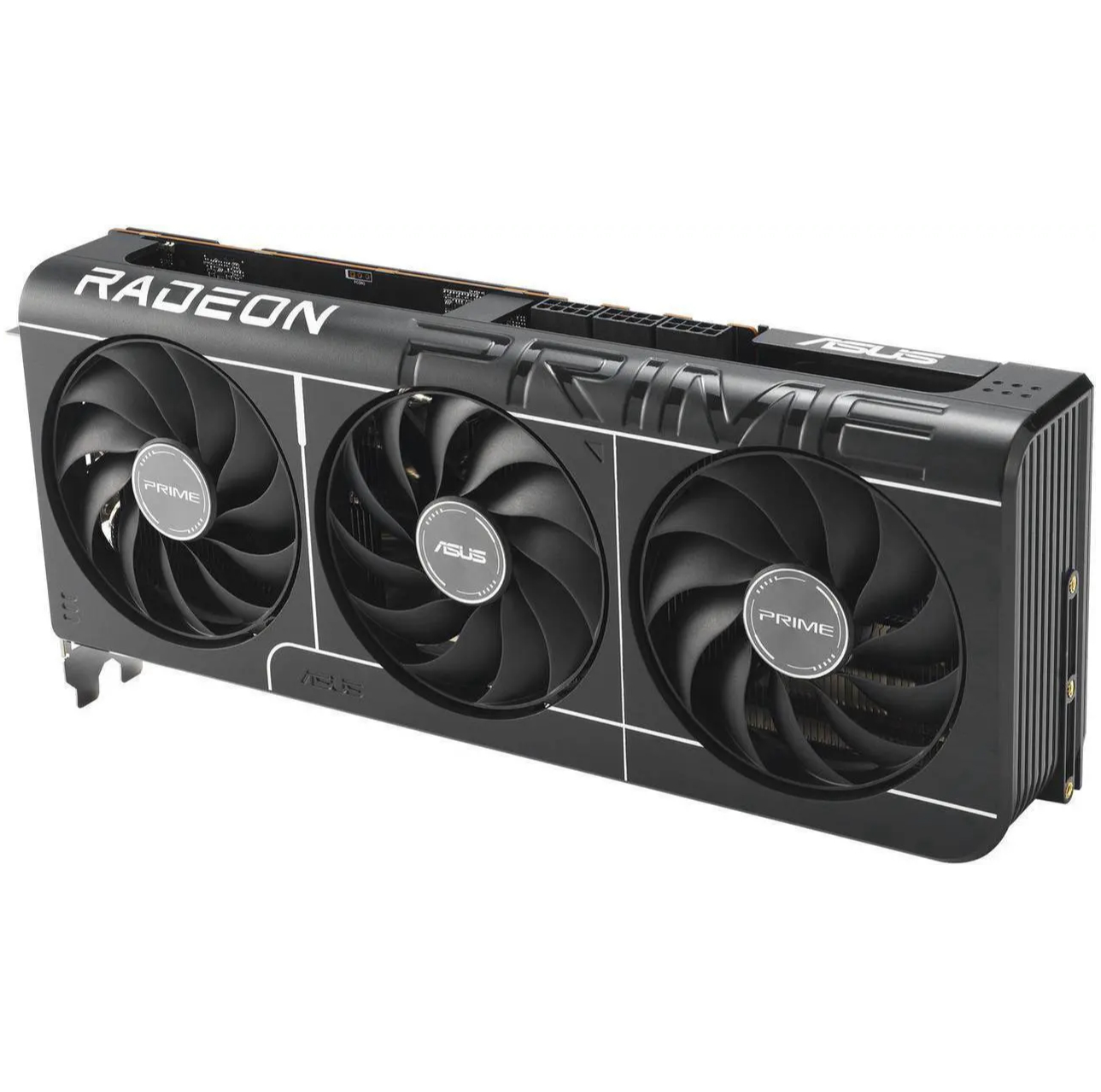Nvidia CEO Jensen Huang says 'we don't have to worry' about the Chinese military using US chips to improve their capabilities because 'they simply can't rely on it'
'They don't need Nvidia's chips, certainly, or American tech stacks, in order to build their military.'

Keep up to date with the most important stories and the best deals, as picked by the PC Gamer team.
You are now subscribed
Your newsletter sign-up was successful
Want to add more newsletters?

Every Friday
GamesRadar+
Your weekly update on everything you could ever want to know about the games you already love, games we know you're going to love in the near future, and tales from the communities that surround them.

Every Thursday
GTA 6 O'clock
Our special GTA 6 newsletter, with breaking news, insider info, and rumor analysis from the award-winning GTA 6 O'clock experts.

Every Friday
Knowledge
From the creators of Edge: A weekly videogame industry newsletter with analysis from expert writers, guidance from professionals, and insight into what's on the horizon.

Every Thursday
The Setup
Hardware nerds unite, sign up to our free tech newsletter for a weekly digest of the hottest new tech, the latest gadgets on the test bench, and much more.

Every Wednesday
Switch 2 Spotlight
Sign up to our new Switch 2 newsletter, where we bring you the latest talking points on Nintendo's new console each week, bring you up to date on the news, and recommend what games to play.

Every Saturday
The Watchlist
Subscribe for a weekly digest of the movie and TV news that matters, direct to your inbox. From first-look trailers, interviews, reviews and explainers, we've got you covered.

Once a month
SFX
Get sneak previews, exclusive competitions and details of special events each month!
Nvidia CEO Jensen Huang sat down with CNN's Fareed Zakaria on Sunday to discuss a variety of issues, including the ongoing AI race between the US and China. Zakaria asked Huang about the previous bipartisan consensus regarding the restriction of high-end AI hardware to China, and to speak towards his previous comments that the sanctions had backfired against American companies.
"Depriving someone of technology is not a goal, it's a tactic. And that tactic was not in service of the goal", said Huang (via Bloomberg). "We would like the United States to be the world leader [in AI], there is nothing wrong with that aspiration, and we should definitely try to achieve that, and strive for that."
"Our mission, properly expressed... in order for America to have AI leadership", Huang continued, "is to make sure the American tech stack is available to markets all over the world, so that amazing developers, including the ones in China, are able to build on [the] American tech stack."
When asked by Zakaria whether this could potentially provide the Chinese military and intelligence services with "the capacity to supercharge their weapons with the very best American chips", Huang responded:
"We don't have to worry about that, because the Chinese military, no different [to] the American military, will not seek each other's technology out to be built on top of it. They simply can't rely on it. It could, of course, be limited at any time"
"Not to mention, there's plenty of computing capacity in China already. If you just think about the number of supercomputers in China, built by amazing Chinese engineers, that are already in operation."
"They don't need Nvidia's chips, certainly, or American tech stacks, in order to build their military."
Keep up to date with the most important stories and the best deals, as picked by the PC Gamer team.
Huang is scheduled to hold a media briefing in Beijing on July 16, his second visit this year after an earlier trip in April where he said he hoped to "continue to cooperate with China."
However, US republican senator Jim Banks and democratic senator Elizabeth Warren have sent a letter to Huang ahead of his trip, asking him to abstain from meeting with representatives of companies that are working with the People's Republic of China's military and intelligence bodies.

"We are worried that your trip to the PRC could legitimize companies that cooperate closely with the Chinese military or involve discussing exploitable gaps in US export controls", the letter warns.
The visit also comes in the wake of reports that China is currently constructing massive data centres to house over 115,000 Nvidia AI GPUs. This would appear be in direct contradiction of current US/China chip export restrictions surrounding high-end AI hardware, although it's unclear how the GPUs in question would be acquired.
The Trump administration's AI czar, David Stacks, has previously called for a relaxing of Biden-era regulations surrounding American-made AI chips, while an executive order regulating the developments of AI tools, software, and models was nixed early into Trump's current tenure.
Certainly, the Trump administration appears to look more favourably upon AI and AI hardware than the previous US government, so perhaps it's not unthinkable that the two countries could share AI developments (and chips) to their mutual benefit in years to come.
That being said, the US hit China with some of the largest trade tariffs of the lot at the start of the year, with little sign of let-up in recent months. So, whether Jensen's calming words might help lead to better technological relations between the two, or perhaps even a retraction of existing chip sanctions in the near future, is anyone's guess for now.

1. Best overall: AMD Radeon RX 9070
2. Best value: AMD Radeon RX 9060 XT 16 GB
3. Best budget: Intel Arc B570
4. Best mid-range: Nvidia GeForce RTX 5070 Ti
5. Best high-end: Nvidia GeForce RTX 5090

Andy built his first gaming PC at the tender age of 12, when IDE cables were a thing and high resolution wasn't—and he hasn't stopped since. Now working as a hardware writer for PC Gamer, Andy spends his time jumping around the world attending product launches and trade shows, all the while reviewing every bit of PC gaming hardware he can get his hands on. You name it, if it's interesting hardware he'll write words about it, with opinions and everything.
You must confirm your public display name before commenting
Please logout and then login again, you will then be prompted to enter your display name.

